January 26, 2024
RIBA issues new guidance on including more people in decision making on buildings and places
 One of the regular, longstanding gripes of our publisher Mark Eltringham (there are many) is that architects don’t particularly like non-architect folk having any sort of opinion on what they do. You can read him banging on here (ten years ago!) and elsewhere about the problems architects have with muggles. Now the Royal Institute of British Architects (RIBA) has pulled a rabbit from the hat by publishing new guidance to ensure that stakeholder engagement is considered, when appropriate, at every stage of planning, designing and constructing buildings and places. It remains to be seen what the rank and file make of this and what it means by ‘when appropriate’. (more…)
One of the regular, longstanding gripes of our publisher Mark Eltringham (there are many) is that architects don’t particularly like non-architect folk having any sort of opinion on what they do. You can read him banging on here (ten years ago!) and elsewhere about the problems architects have with muggles. Now the Royal Institute of British Architects (RIBA) has pulled a rabbit from the hat by publishing new guidance to ensure that stakeholder engagement is considered, when appropriate, at every stage of planning, designing and constructing buildings and places. It remains to be seen what the rank and file make of this and what it means by ‘when appropriate’. (more…)






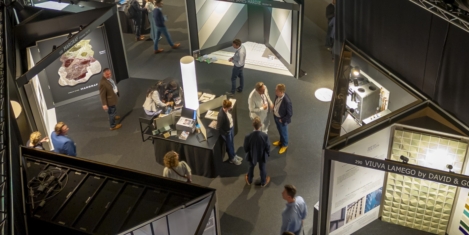
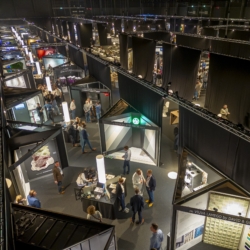








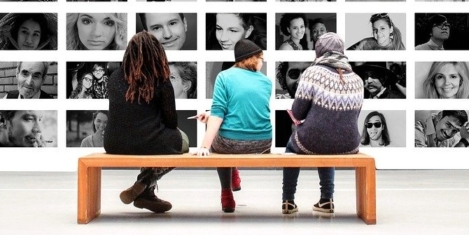
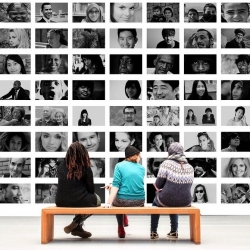 While millions of words have been dedicated to the expected changes in post-Covid workstyles – how will people work, where will they work, how will they be supported – very little has been said about their employers: companies and corporations. Yet the anticipated changes to work and the workplace raise questions about the role of the company. Is it one just half of a transaction between employer and employee? Or is it something more? Indeed, what is the role of the company in the modern economy? Is the nature of the company likely to change? The answers could have a greater impact on workstyles than the pandemic.
While millions of words have been dedicated to the expected changes in post-Covid workstyles – how will people work, where will they work, how will they be supported – very little has been said about their employers: companies and corporations. Yet the anticipated changes to work and the workplace raise questions about the role of the company. Is it one just half of a transaction between employer and employee? Or is it something more? Indeed, what is the role of the company in the modern economy? Is the nature of the company likely to change? The answers could have a greater impact on workstyles than the pandemic. 
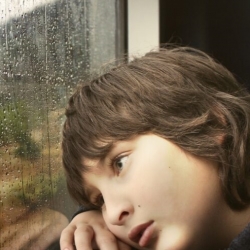 You may recall that a couple of years ago, The Great Resignation was one of a handful of things with which certain people had become obsessed. Over a period of about six months at the end of 2021 and beginning of 2022, we were told repeatedly that huge numbers of people were about to quit their jobs to move to something better, pursue their dream of self-employment or whatever. But, the proportion of people saying this was more or less the same as it had always been. Ask people at the end of any year about their plans for the next twelve months, and around 30-40 percent of them will tell you they want a new job or to pursue an old dream.
You may recall that a couple of years ago, The Great Resignation was one of a handful of things with which certain people had become obsessed. Over a period of about six months at the end of 2021 and beginning of 2022, we were told repeatedly that huge numbers of people were about to quit their jobs to move to something better, pursue their dream of self-employment or whatever. But, the proportion of people saying this was more or less the same as it had always been. Ask people at the end of any year about their plans for the next twelve months, and around 30-40 percent of them will tell you they want a new job or to pursue an old dream. 

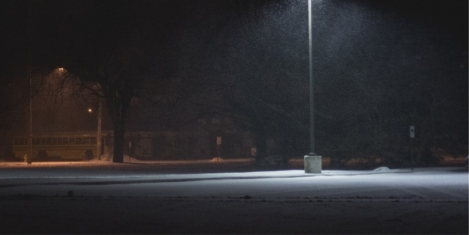
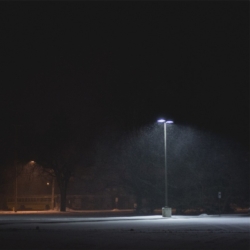










January 25, 2024
The final word on … responsibility
by Mark Eltringham • Business, Comment
(more…)